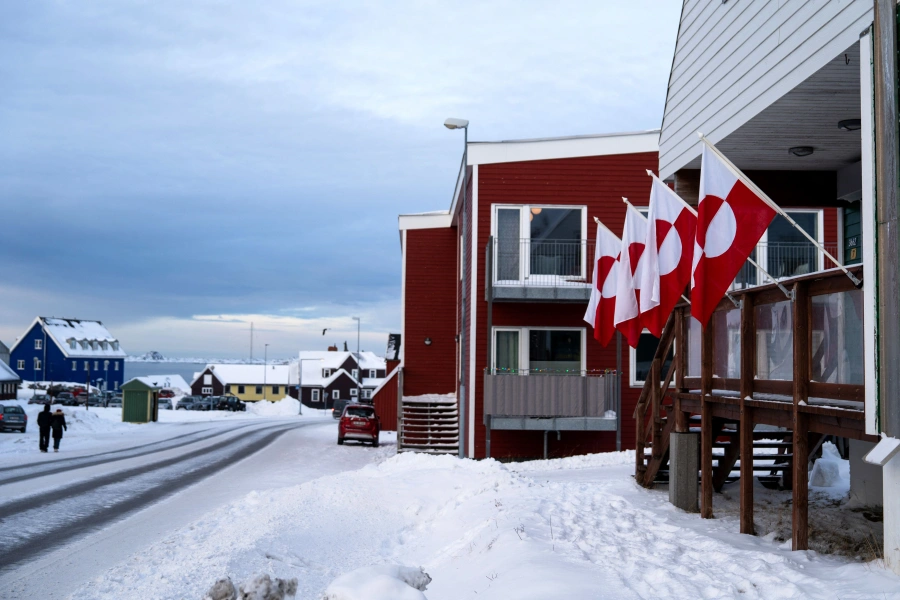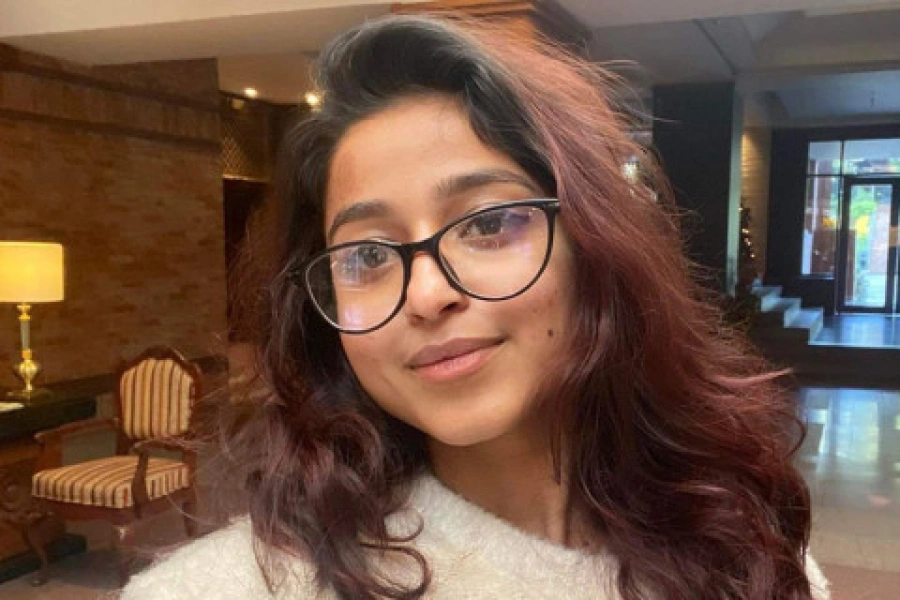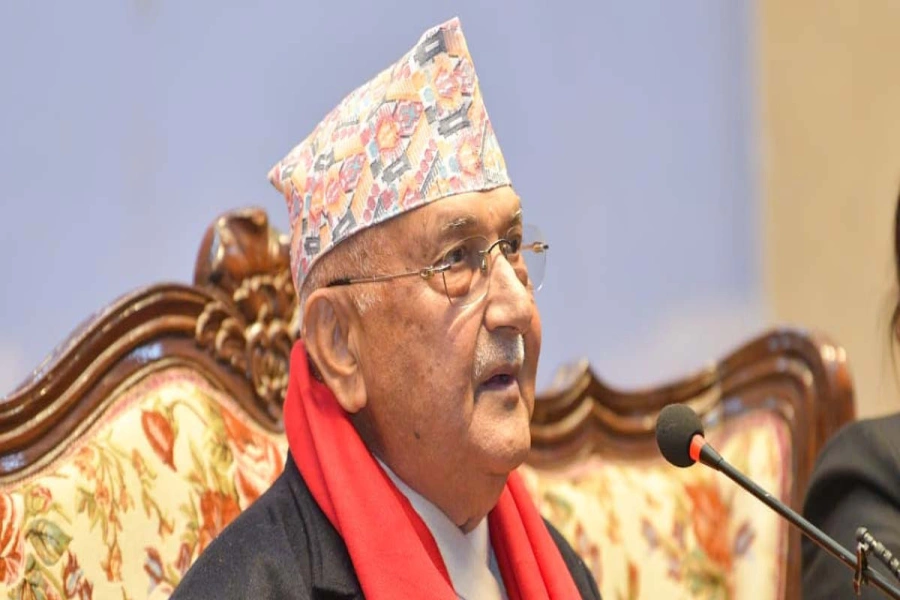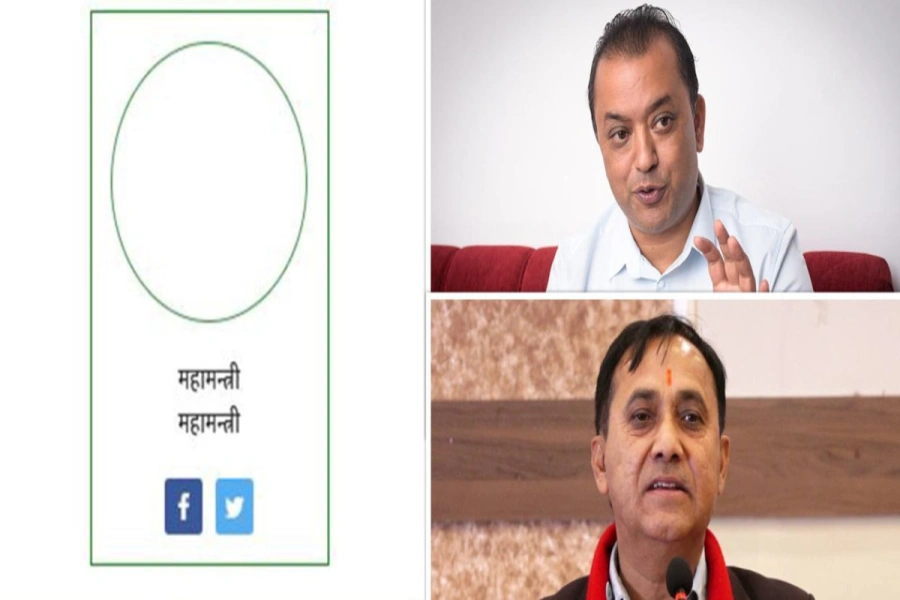Take, for instance, the deal made on May 28 (which includes a gentleman’s agreement) before extending the CA term; it did not last even a single day. The parties began interpreting the text to suit their own interests as there were no independent witnesses present when the deal was struck. Multiple sources confirm that the ruling Nepali Congress (NC) and CPN-UML had really agreed to quit the government within five days, but they defaulted on their promise. The ruling parties now think they have checkmated the Unified Communist Party of Nepal-Maoist (UCPN-M) once again, while the latter feels betrayed and hurt.
The continued deficit of trust between the Maoist and the non-Maoist parties, intra-party fissures, increasing Indian interference in domestic politics and the Maoist moves always perceived as their subterfuge and stratagem have apparently turned the political weather rough, unclear and unpredictable. What is predictable though is that the trust deficit will hit rock-bottom once again, putting the future of the peace process in a jeopardy. Sources say the inter- and- intra-party differences over who will head the next government -- more than the issues of the peace process -- are behind the post-May 28 political crisis.
DUEL OVER GOVERNMENT LEADERSHIP
Party leaders accept in private that uncertainty over who will become the next prime minister has rendered the ongoing efforts to reach an agreement meaningless. The crux of the problem is who will lead the next government, and the contentious issues are being used as bargaining chips to that end. Though there is no dispute that the incumbent government must go and a national consensus government should be formed, both NC and CPN-UML have staked claim over the government leadership. NC parliamentary party leader Ram Chandra Poudel and UML Chairman Jhalanath Khanal are covertly trying their best to become the next prime minister. But their hope has been dashed lately with their own party colleagues opposing the game plans. However, these leaders are still putting in their best efforts to try their luck.
The leadership would naturally go to the UCPN-M for being the largest party in the parliament, but intra-party differences have cropped up between the party Chairman Pushpa Kamal Dahal and Vice-chairman Dr Baburam Bhattarai over the issue. Dr Bhattarai now seems more confident than ever that he would become the next prime minister due to Dahal’s rising unpopularity. The national mood and international actors favor Dr Bhattarai whose clout in the party has also significantly increased in the aftermath of the general strike fiasco and his push for CA term extension. Party insiders say he is also likely to challenge Dahal by filing his candidacy for the post of party chairman in the general conventions slated for next February if Dahal doesn’t reconcile with him.
But his arch rival, party chairman Dahal has too much love for power and doesn’t want to lose his grip in the party by handing over the post of prime minister to Dr Bhattarai at this critical juncture. Dahal is said to have confided to his aides that he doesn’t want to share the fate of late Girija Prasad Koirala who lost considerable political clout after bringing Sher Bahadur Deuba into prominence—a move that ultimately led to the vertical split of the NC party. Dahal, who recently agreed to make another party leader the prime minister if other parties agree, is still playing all sorts of game to make himself the prime minister even as political crisis deepens.
Sources, however, say prime minister Madhav Kumar Nepal will not step down until parties agree on an acceptable figure to replace him, which obviously means he will not leave the post to Dahal with whom he has had acrimonious relations. Besides, India doesn’t want to see “unscrupulous” Dahal at the helm for his anti-India rhetoric. Obviously enough, India will play its part not to let the Maoists to head the government until the party officially decides to make another leader the prime minister. On top of that, the political parties say they no longer trust Dahal who, in the words of a top Maoist leader, has “the art and craft of changing the party’s strategy 24 times a day to defeat the reactionaries, much like Vladimir Lenin did in Russia.” Therefore, the protracted political impasse will not end till the Maoist party brings forward Dr Bhattarai as the prime ministerial candidate. In any event, Maoists will stay out of government if they are not allowed to lead it, which means the peace process will not reach a logical conclusion and the new constitution will not see light of day.
MAOIST CHANGE OF TRACK, AND HISTORIC OPPORTUNITY
The Maoist indefinite general strike fiasco severely dented the party-line of fusing the protracted people’s war and the armed urban insurrection to seize state power. Fielding tens of thousands of cadres and villagers in the streets of Kathmandu, Maoists planned on a hard political bargaining in the face of looming May 28 crisis and even tried to give it a semblance of a “People’s Revolt”. But the failure of what they called the “Janaandolan-III” will change the party’s course forever. It was a harsh blow to the party hard-liners who have been fiddling with the idea of an immediate revolt to seize state power.
The end results of the Maoists’ ill-conceived indefinite general strike also strengthened the position of party soft-liners led by Dr Bhattarai and significantly weakened the hard-line camp led by Dahal and Senior Vice-chairman Mohan Baidya. This was evident in the last central committee meeting in which CA term extension proposed by soft-liners was passed by an overwhelming majority. It means the party, to some extent, has lost its revolutionary zeal and will no longer dabble with the idea of an insurrection.
With the Maoist soft-liners becoming stronger, the country is now at a historic point to strike a new political deal and go ahead with the task of nation-building. But for that, the Maoists and the non-Maoist parties will have to adopt maximum flexibility and act prudently. Crisis is a process of transformation where the old ways can no longer be maintained. The defining quality of crisis management is the need for change. Sadly, the parties are not moving toward that direction. Just a day after they amended the constitution for CA term extension, they reverted to their respective old stances, pushing the future of peace process and constitution-drafting into uncertainty. They are sure to act childish and bungle this historic chance. So let’s cross our fingers and pray for the best. Can we do anything better?
post_basnet@hotmail.com
Bumpy road awaits new finance minister





































